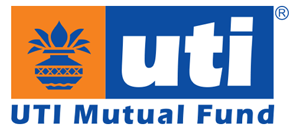Mutual funds are a type of certified managed combined investment schemes that gathers...
Today, almost everybody owns a life insurance policy. It could be for various reasons...
Today, almost everybody owns a life insurance policy. It could be for various reasons...
Contact us for expert guidance on mutual funds. Your financial future awaits!












I have been associated with Rwealth since 2017, right after i proceeded on Retirement. Infact they were the Wealth Managers I trusted with whatever lumpsum i received as Pensionary benefits. Must say, i never regretted....

R-Wealth as the name means “Our Wealth” driven by team of professionals. They have demonstrated an excellent understanding of my financial needs and goals and they delivers there advice with these clearly in mind....

I'm truly impressed with the financial advisor company Rweath. They have been doing a great job with talented, well-trained staff who leave no stone unturned to fulfill the requirements of client...